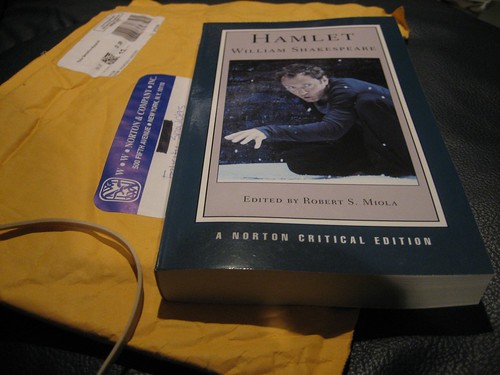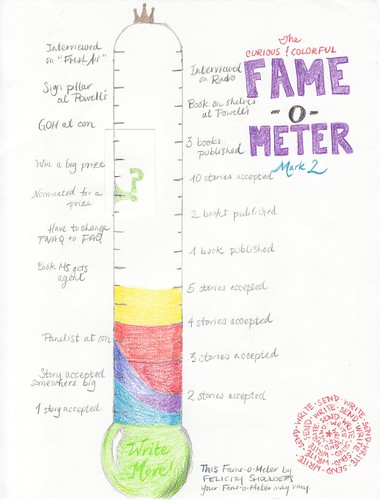
I have often been told that it just isn’t worth the effort to correct people on the internet, and I’ve largely been convinced. It’s sometimes rude, or a disingenuous means of avoiding substantive debate, and often the matter simply isn’t that important.
A few days ago, however, I decided I had to speak up. I saw a typo in the Norton Critical Editions’ twitter stream.
I adore Norton Criticals. Their footnotes are consistently useful, their historical contexts and critical essays interesting. The books, expensive though they are, give you a solid, rich feeling. When you have a Norton Critical in your hand, you feel you really have a handle on the text. (It is a continuing — no, really – source of regret to me that I sold back my Great Expectations back after English 10 in high school. It was so beautiful! And had both endings!) I am currently in the midst of my winter campaign through the Norton Critical War and Peace, complete with footnotes both by the modern editor and by the translator, who was friends with Tolstoy.
So I figured that if this bastion of precision, this fortress of the footnote, had promulgated a common misspelling (“Suess” for “Seuss”) they should be told; if only to prevent it being spread further by virtue of their authority. I drew my pedantry around me and corrected Norton Critical.
This was the happy result:
New policy: for every typo found in the NCE twitter feed, a free NCE. Your choice of new editions- Hamlet or Utopia.
Yes, gentle reader. I got something good and valuable – a free book, my first NCE of a drama! I can’t wait to sample the critical matter! – for telling someone they were wrong on the internet.
A red letter day, indeed.



